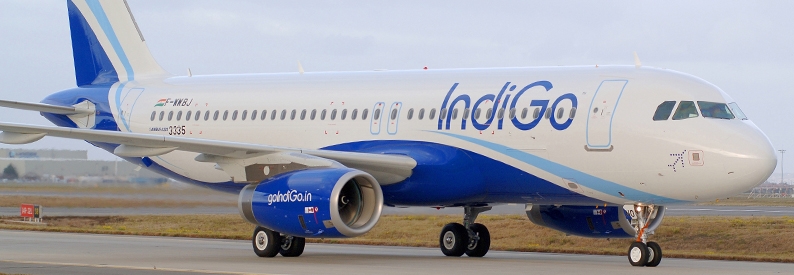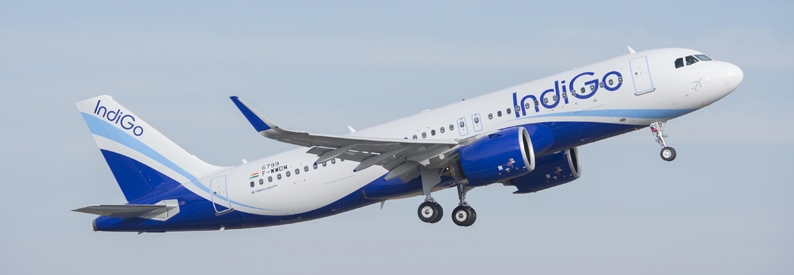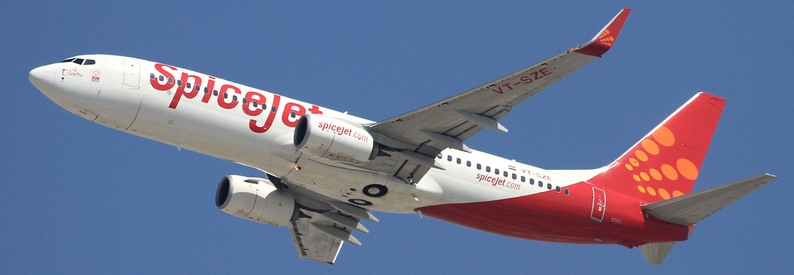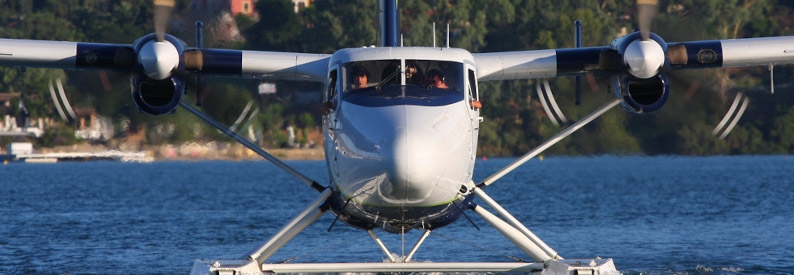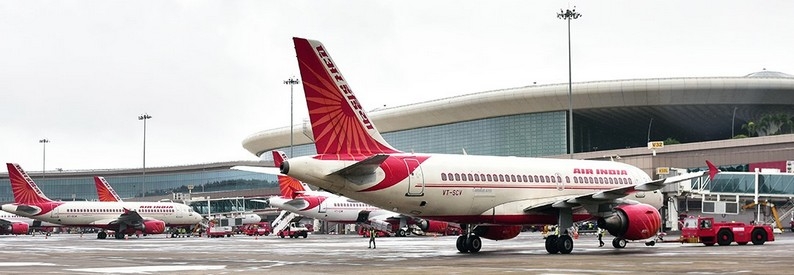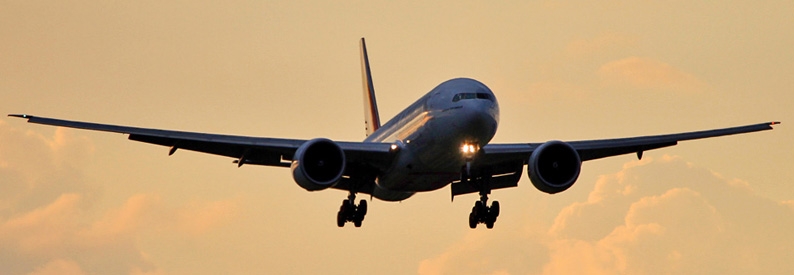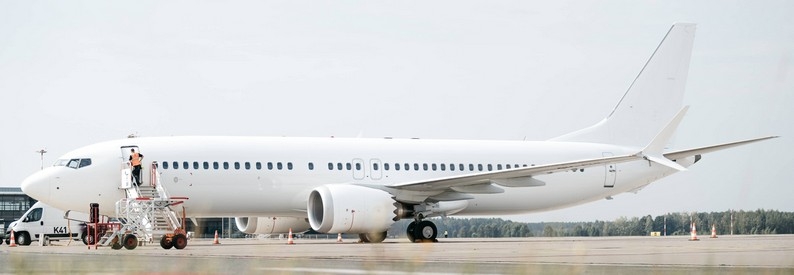The governments of India and the United Arab Emirates are in negotiations to increase seat capacity between the two countries as the current weekly entitlement of 65,000 in each direction is fully exhausted. The Economic Times of India reports that SpiceJet (SG, Delhi International) has managed to nab an additional 5,500 seats, pending the finalisation of discussions.
"They have informed us that they have slots. The airline, however, cannot start flights because our carriers have exhausted the current seat quota and would require an increase in bilateral seat entitlements before SpiceJet could utilise these slots," an anonymous source told the news site.
Dubai had previously requested additional capacity on India routes a year ago, but this was turned down at the time. The renewed negotiations come as the result of an increase in tourism between the two states.
"Both parties agreed to set up a meeting between the General Civil Aviation Authority of the UAE and the Civil Aviation Authority of India to propose a new agreement and policy for the bilateral air services agreement," the UAE Embassy in New Delhi said in a statement. "The UAE is willing to add few more flights and routes to connect regional airports in India to those in the UAE that will lead to affordable prices with the required capacity and also needs to focus on an open sky policy that raises the potential for enhancing UAE - India ties."
The Embassy adds that Indian carriers are reluctant to negotiate new quotas because high demand is driving up prices. On the other hand, Indian carriers have accused Emirates and flydubai of exceeding their seat allocations on Dubai – India routes.
Airlines currently operating between the two countries are: Emirates (28% of capacity), Etihad Airways (15%), Air India Express (14%), Jet Airways (12%), IndiGo Airlines (8.5%), Air Arabia (8.5%), SpiceJet (6%), Air India (5.5%), and flydubai (2.5%).
The Bilateral Air Service Agreement (BASA) discussions are expected to be held in early October.
- Type
- Base
- Aircraft
- Destinations
- Routes
- Daily Flights

